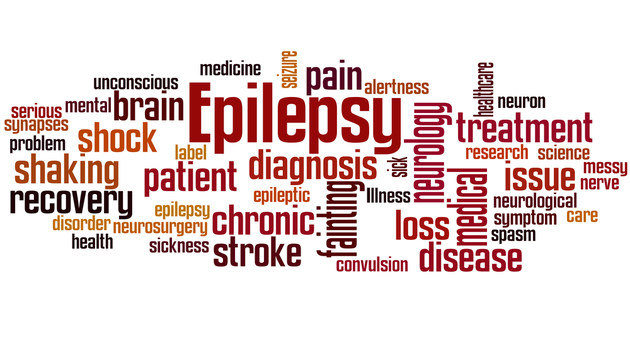Epilepsy is a nervous system disorder characterised by recurrent, unexpected seizures or convulsions. A seizure is an abnormal electrical discharge in the brain cells resulting in a temporary disturbance of sensory, motor or mental functioning. Repeated episodes of seizures without any other cause is termed as epilepsy. Across the globe, about 65 million people suffer from epilepsy.
Who Is At An Increased Risk Of Epilepsy?
The exact cause of epilepsy is not known; however, there are a number of risk factors for the disease. Some of them are:
-Family history
-Serious head injury
-Infections such as meningitis, encephalitis, and AIDS
-Medical conditions such as brain tumours, stroke, Alzheimer’s or disorders of blood vessels
Common triggers include lack of sleep, fever or any sickness, stress, skipping meals frequently, bright flashing lights, certain drugs.
How Would You Know If You Have Epilepsy?
Depending upon the types of seizure (partial or generalized) the common symptoms are:
-Rhythmic movement of the arms and legs.
-The person may appear as if he/she is not breathing.
-Involuntary passage of urine, tongue biting and frothing at mouth may occur.
-Confusion after the seizures is common.
What Are The Practical Ways To Fight Epilepsy?
In addition to the medications prescribed by your doctor, you may also practice the following lifestyle changes to effectively manage epilepsy.
1 . Get Adequate Sleep
Make sure you get enough sleep every day. Try and schedule your sleep time and avoid any sort of distractions. Make sure you do not compromise on your total hours of sleep.
2 . Reduce Screen Time
Too much of TV and computer has been found to be a common Avoid too much of TV and computers. They may serve as triggers.
3 . Try Ketogenic Diet
Consume a ketogenic diet in your daily routine. It is a low protein and low carbohydrate diet that helps to reduce the number of seizures. Ketogenic diet includes proteins, green and leafy vegetables, full-fat dairy products, nuts, and seeds.
4 . Try Alternative Treatment
Relaxation techniques such as meditation, deep breathing and other forms of alternative treatments such as biofeedback, self-control techniques and chiropractic therapy (based on the principal that body’s structure (specifically spine) and its function affects the overall health) have been found to be effective in managing epilepsy.
5 . Add Vitamins and Nutrients To Your Diet
Include vitamins and nutrients in your diet. Vitamin E, enriched with antioxidants, has been found to significantly decrease seizure in the patients. Magnesium supplementation has also been found to reduce the risk of seizures.
